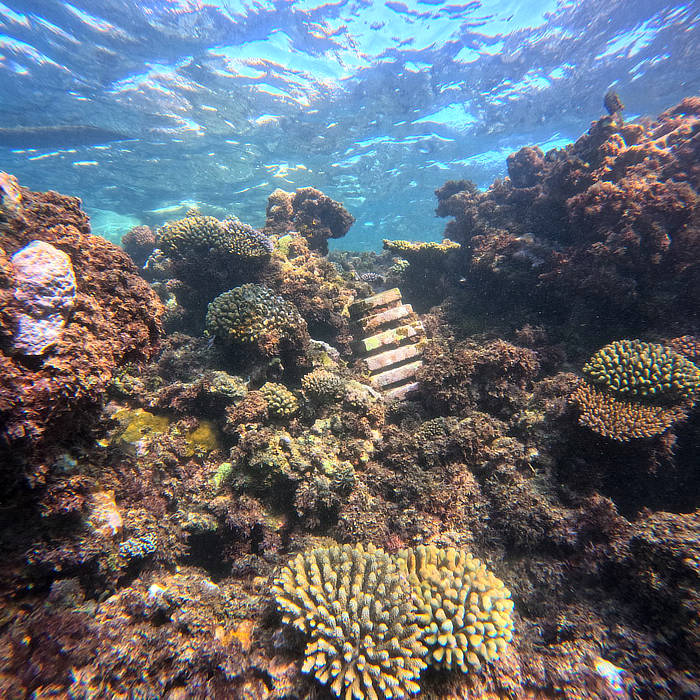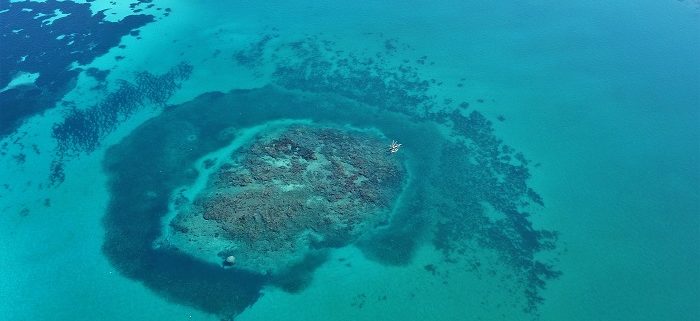Reef Doctor Project Update
Over the past 4 years, our efforts have been focused on the development of a comprehensive community-driven plan that spans 55 villages, with five representatives per village from four key communes in the provincial region of Atsimo-Andrefana, Toliara, SW Madagascar: Belalanda, Maromiandra, Manombo, and Ankilimalinika.
This approach involves community representatives directly in conservation and sustainable management practices, fostering local leadership while ensuring that solutions are contextually relevant and sustainable for the communities themselves.
Our work is now centred on three primary pillars:
Food Security: Our objective is to establish a reliable and sustainable food supply that can withstand environmental challenges and changing seasons. We work with communities to develop sustainable food sources, such as fisheries and agriculture, that can provide long-term nutritional stability. By creating accessible and sustainable food resources, we improve health outcomes, reduce dependency on external aid, and empower communities to manage their own food supplies effectively.
Conservation: Environmental sustainability is at the core of our approach. We work closely with local leaders and community members to implement conservation practices that protect local ecosystems, especially coastal and marine areas. Our conservation strategies include building artificial reefs and restoring degraded areas to promote biodiversity, which in turn supports the ecosystem services that local communities rely on, like fisheries. This pillar ensures that the natural resources remain healthy and accessible for future generations while providing immediate ecological and economic benefits.
Social Security: We aim to create a secure social environment within these communities by building trust, resilience, and mutual support. Through Social-Emotional Learning (SEL) and Mental Health and Psychosocial Support (MHPSS), we equip community members with the skills needed to address conflicts peacefully, build emotional resilience, and provide mutual support. Recognizing the importance of addressing gender-based violence (GBV), we incorporate GBV awareness and prevention into our programs, empowering individuals to recognize, respond to, and reduce instances of violence. By fostering these skills and support systems, we can create an environment that reduces social tensions, enhances safety, and promotes cohesive, respectful relationships within and between villages.
Our overarching objective is to empower these communities through active participation in all three pillars, building a foundation of social and economic resilience that aligns with sustainable environmental stewardship. Through this model, we aim to create a self-sustaining cycle of empowerment, stability, and conservation that can be adapted and maintained by the communities themselves long after direct support concludes.
ARMSRestore Project
In collaboration with the ARMSRestore consortium, we are currently conducting an ambitious initiative within the Bay of Ranobe MPA, involving the construction of 6 hectares of artificial reefs. This project employs Autonomous Reef Monitoring Structures (ARMS), which are initially seeded on healthy reefs to attract and accumulate a diverse community of marine organisms. Once these structures are biologically enriched, they can be transported to new or artificial reef sites to help initiate and accelerate ecosystem recovery. By introducing ARMS seeded with a healthy mix of coral, invertebrates, and other reef-dwelling species, we aim to promote colonization and enhance biodiversity in developing reefs. This approach not only increases habitat complexity and stability but also supports the transfer of resilient marine communities to areas in need of restoration, promoting long-term ecosystem health and resilience.
The ARMS structures also allow us to scientifically monitor reef health and understand the dynamics of marine biodiversity over time. They are specifically engineered to attract a range of marine micro and macro species, from algae to invertebrates to fish, all of which are crucial for ecosystem balance and food security for surrounding communities. This controlled reintroduction and support of marine life forms not only improves biodiversity, but also creates critical data that helps refine our understanding of reef ecosystems under various environmental pressures, including climate change and human impact.

The project is a collaborative effort with the following key academic partners, each contributing specialized expertise:
Harvard University: Researchers from the Organismic and Evolutionary Biology Department at Harvard lead on biodiversity assessments, focusing on understanding species diversity, ecological interactions, and resilience in marine ecosystems.
Harvard T.H. Chan School of Public Health: Under the One Health framework, the T.H. Chan School focuses on the intersection of environmental health and community well-being, examining how reef ecosystems impact local health and economic stability. This collaboration emphasizes sustainable practices that benefit both ecosystems and human communities.
University of Toliara: The Institute of Fishery and Marine Science (IHSM) brings extensive local expertise, ensuring that scientific approaches are both contextually relevant and adaptable to Madagascar’s unique marine environment. Additionally, the University of Toliara’s Human Geography Department plays a crucial role in examining the social dimensions of both marine and terrestrial conservation, providing insights into community dynamics, resource use, and socio-economic impacts.
The Beijer Institute of Ecological Economics (Royal Swedish Academy of Sciences): Contributing ecological and economic insights that integrate conservation goals with sustainable resource management models, focusing on balancing ecological integrity with human economic needs.
Institut de Recherche pour le Développement (IRD), France: IRD provides valuable expertise in sustainable fisheries management, contributing research insights that support ecosystem-based approaches to marine resource conservation, with a particular focus on sustaining biodiversity and local livelihoods.
Perry Institute for Marine Science (PIMS): The Perry Institute brings specialized knowledge in coral reef ecology and marine restoration practices, with a focus on developing science-driven solutions to marine conservation challenges. PIMS’s expertise in coral and fish population dynamics supports targeted restoration efforts within the consortium, aligning closely with local and regional conservation objectives.
Through these academic partnerships, we employ rigorous scientific methodology to establish a foundation for long-term ecological monitoring and data-driven resource management.
The Belmont consortium’s approach is deeply rooted in community involvement and cultural relevance. We work closely with local stakeholders to ensure that the artificial reefs meet both ecological and socio-economic needs. Through culturally adapted, user-friendly designs, community members can engage with and even help manage these ARMS systems, fostering a sense of ownership and continuity in marine resource management. This partnership enhances data collection, as community involvement leads to regular, hands-on monitoring and a more sustained conservation effort.
Scientifically, this project offers a replicable model for restoration and marine resource management, especially in areas facing similar environmental and social challenges. By combining rigorous scientific methodology with participatory community engagement, we aim to establish a foundation for long-term ecological monitoring, data-driven resource management, and sustainable economic opportunities. Ultimately, this initiative contributes to global marine science by creating a valuable data set on artificial reef systems while addressing the local imperative of biodiversity conservation and security.
For recent project updates, please visit the ARMSRestore website. You can also find more details of the project in the following recently published paper:
https://www.frontiersin.org/journals/public-health/articles/10.3389/fpubh.2024.1366110/full



